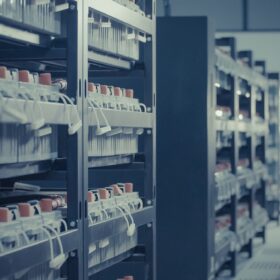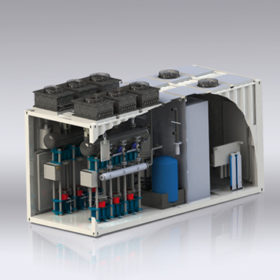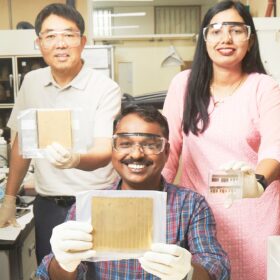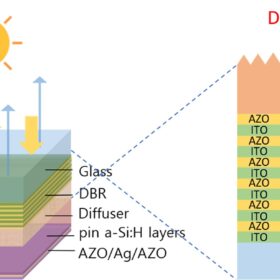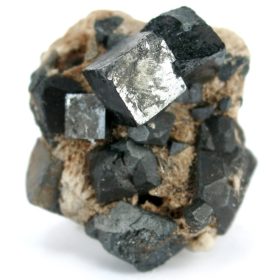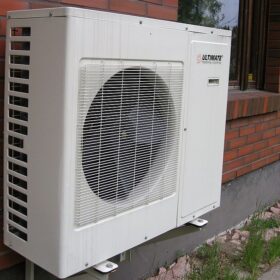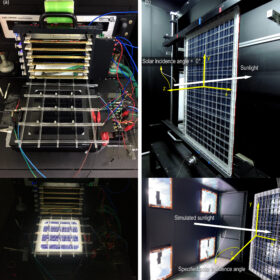South Korea plans PV-powered 1 GW data center complex
The South Korean government says it plans to set up a 1 GW data center complex powered by solar. The expansive facility will be built in Haenam, a county in South Jeolla province. It will accommodate 25 data centers, each with a capacity of 40 MW.
Novel algorithm to prevent overinvestment in power-to-gas in areas with high PV penetration rates
Scientists in South Korea have created an algorithm that reportedly prevents oversizing of power-to-gas systems located in areas with large shares of solar and renewable energy capacities. The algorithm calculates saturation points for both PV and power-to-gas facilities.
South Korea opens tender for 65 MW/260 MWh of battery storage
The South Korean authorities have kicked off a tender for 65 MW/260 MWh of storage capacity, in support of extensive battery systems on Jeju Island.
The Hydrogen Stream: US awards $34 million to 19 hydrogen projects
As the US and British government press ahead with their hydrogen support projects, a team from Korea and the US has developed an iridium nanostructure catalyst, which decreased the amount of the chemical element. Meanwhile, hydrogen projects are proceeding in West Virginia, Denmark, Finland, and Japan.
All-inorganic phase heterojunction perovskite solar cell with 21.59% efficiency
An international research team has developed high-efficiency solar cells with a 21.59% efficiency rating by using an all-inorganic phase heterojunction approach. The team used an anti-solvent-free DHA method to produce high-quality, inorganic perovskite thin films, resulting in better device performance under ambient conditions.
BIPV solar cell based on distributed Bragg reflector electrode
South Korean scientists have developed a new building-integrated photovoltaic (BIPV) solar cell featuring a distributed Bragg reflector (DBR) electrode. This innovation is expected to enhance light scattering and meet aesthetic standards.
The Hydrogen Stream: Perovskites-based photoanodes for photoelectrochemical (PEC) water splitting
A research team has developed OHP-based photoanodes for photoelectrochemical (PEC) water splitting, minimizing the usual limitations. Meanwhile, China released its first hydrogen guideline, and Germany announced €18.6 billion for the hydrogen industry. Finally, a German company finds out that hydrogen trains are more expensive than battery-operated vehicles.
Control system to allow users take control of air-source heat pumps
Researchers in Korea have designed applied machine learning techniques to enable users to have more control of the timing of heating and cooling in air-source heat pumps. The system is based on backpropagation, which is an algorithm designed to test for errors working back from output nodes to input nodes.
Novel BIPV material from South Korea
South Korean companies Posco and East-West Power are developing a new building-integrated solar photovoltaic solution. The new product uses special galvanized steel as the panel’s backside that Posco says lasts five to ten times longer than standard steel.
LED media facade for BIPV applications
Scientists in Korea have built a light-emitting diode (LED) facade that can be used in combination with building-integrated PV, with minimal power loss caused by shading. The grid-type LED display can be used as a media façade in buildings making PV power generation more aesthetically appealing.
